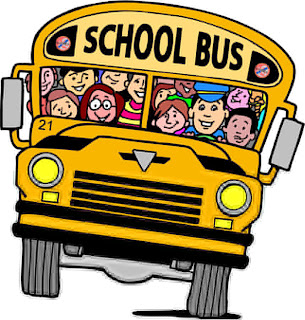
During the first half of the twentieth century, education consisted of teaching the basics and professional studies were only attainable by going to college. The launch of the Sputnik satellite in 1957 came with a major reform and a change in the national way of thinking. New curriculums in American schools began to emphasize a sense of nationalism and the need to better than the soviets.
After world war II as many nations of Europe were indebted financially to the United States, the common theme was that the US was the most powerful nation in the world. With the launch of Sputnik, president Eisenhower decided to put the nation's sense of power to the test. The president began a series of initiatives aimed to address the technical shortcomings of the United States. The National Defense Education Act was passed and is considered one of the largest reforms in the history of American education with over $1 billion for schools. New federal programs allowed many students to seek high education. New efforts in vocational education were designed to train students in various technical subjects that overall assured that the nation was equipped with competent individuals.
As the space race continued, school classes began to employ measures of safety regarding a nuclear war. Americanism began to show its way into textbooks and many students adult beliefs began as study subjects in school. The threat of communism and socialism has a very negative connotation in american society. The threat of war can be considered a very serious and dangerous environment in any given country but good things can come out of it. Without the threat of being inferior to the Soviet Union, the United States was able to improve in many different aspects including education.
Had Sputnik not begun the space race who knows how public education would have ended up in today’s modern times. Other reforms came later in the way of preparing better teachers and in professionalizing the teaching field. Perhaps one can say that professionalizing teachers was an indirect result of the space race. As much as americans disliked the soviets, it was thanks to that little satellite that they were able to improve upon the educating of their citizens.





